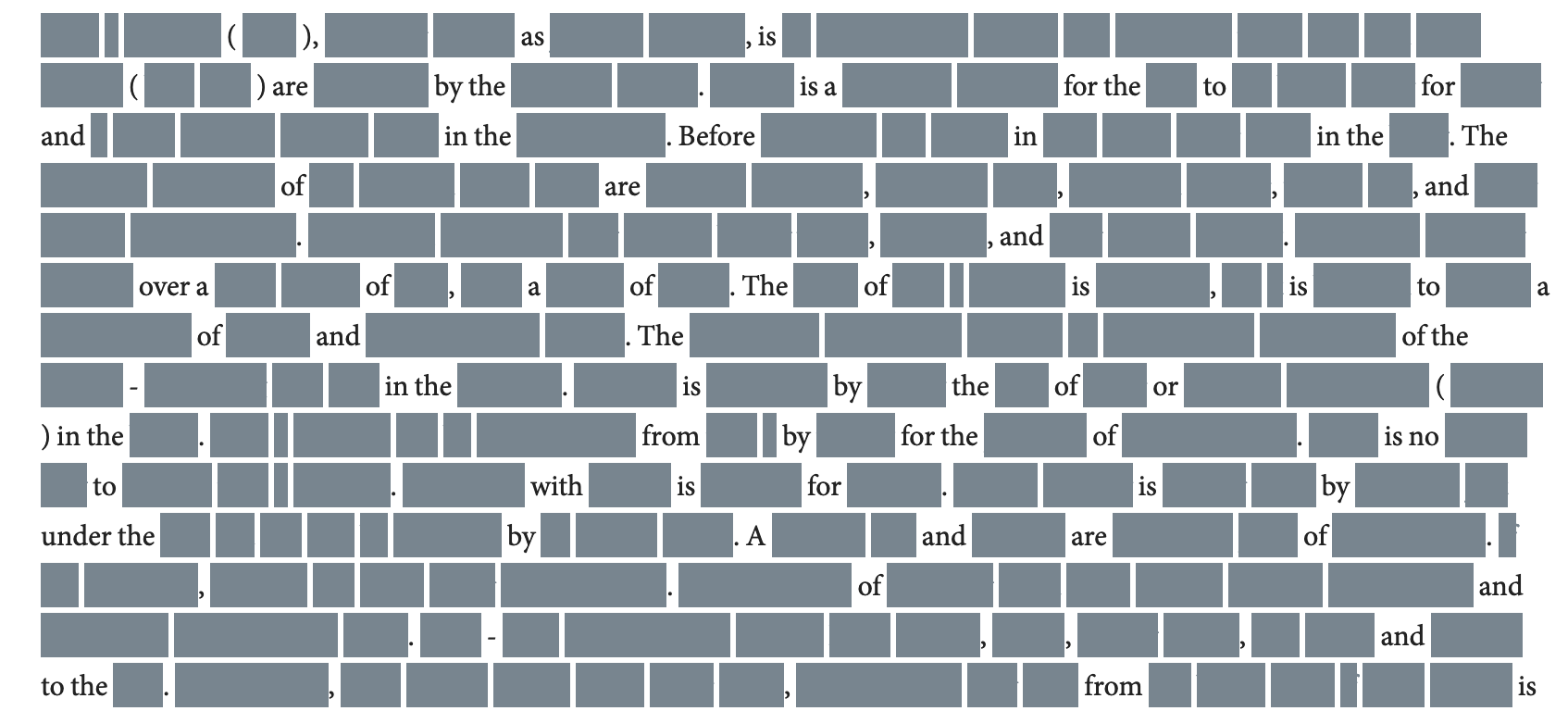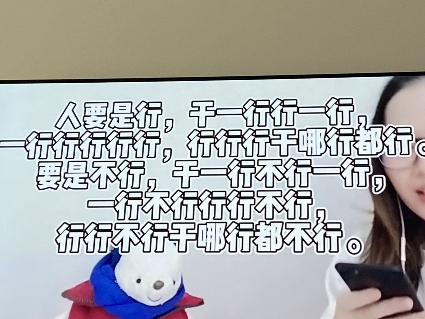LOL, ROTFL, IJBOL
As Laura Morland said to me in a p.c., I am a "Swiftie" (I admit it, even though I'm a Penn prof), but there are plenty of things about pop culture that I do not know, including IJBOL.
A Korean word? A new boy band? This new acronym is replacing LOL and ROFL on social media.
By Shirley Wang, NYT
Published Aug. 8, 2023
——-
First there was LOL (“laugh out loud”), an acronym that first appeared in the 1980s and became the reigning shorthand online for what people found funny. Then came ROFL (“rolling on the floor laughing”), LMAO (“laughing my ass off”) and even nonverbal cues like smiling emojis. Still, most type these terms straight-faced, relegating them to dull punctuation added carelessly to the end of a message. Now, the internet wants to revitalize laughing online with a new term: IJBOL.
Read the rest of this entry »

